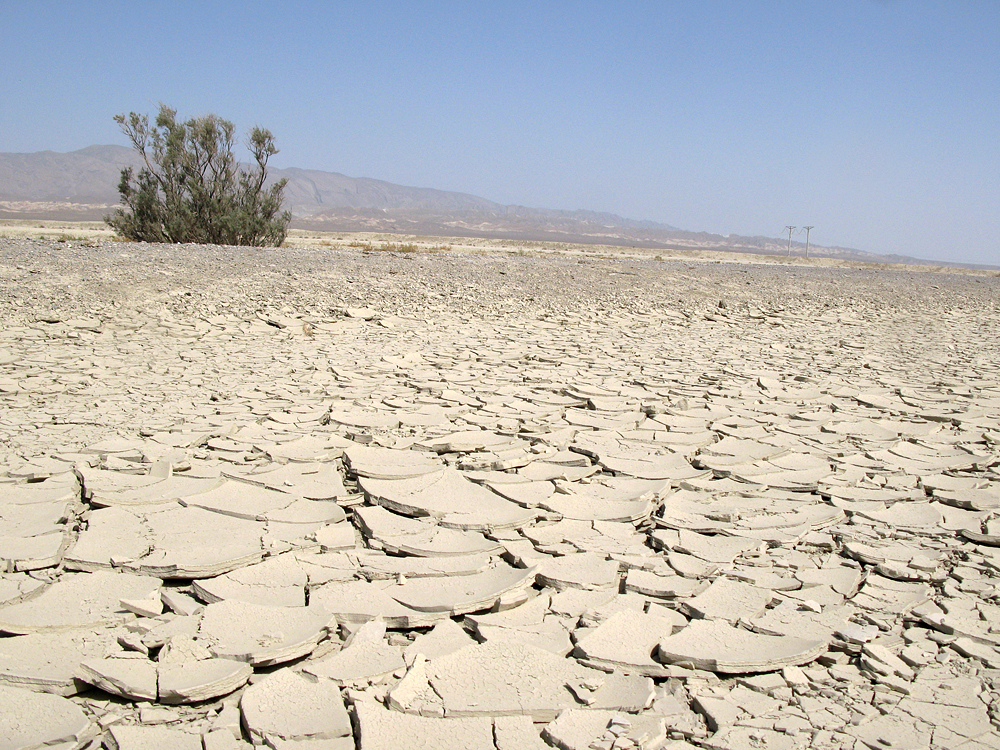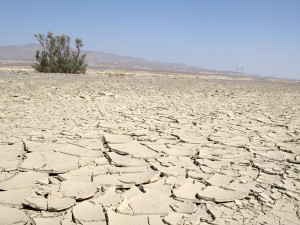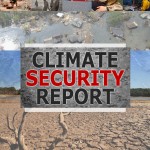
New Report Links Climate Change and National Security
 Scientists from the Harvard University Center for the Environment released a new report about the security dimensions of climate change. The report, called “Climate Extremes: Recent Trends with Implications for National Security,” identifies the risks as well as some of the ways we can smartly respond to the issue. The writers of the report were driven to assess the climate change issue in the face of severe storms, droughts, floods, and heat waves.
Scientists from the Harvard University Center for the Environment released a new report about the security dimensions of climate change. The report, called “Climate Extremes: Recent Trends with Implications for National Security,” identifies the risks as well as some of the ways we can smartly respond to the issue. The writers of the report were driven to assess the climate change issue in the face of severe storms, droughts, floods, and heat waves.
The authors set out with two primary objectives; one was to identify the strongest forces that are driving climate change. Their other objective was to predict whether the climate extremes we are seeing now will continue into the next decade.
The report focused on the near-term consequences of climate change, which the authors believe are often overlooked. The security threats from climate change are often believed to be problems for future generations, rather than something that affects national security today. But the world has seen an alarming increase in extreme events like wildfires, hurricanes, droughts, and heat waves. The report calls for U.S. policymakers to immediately plan for the threats from climate change as an integral part of national security strategy. The report recommends that the U.S. “sustain and augment” its scientific and technical capacity to observe key indicators on climate change.
The Harvard report tells the story of an interconnected world with climate change as a threat multiplier. One example is a case study of Mali, in which a severe drought contributed to instability and rebels overthrew the Malian government. In another example, Russian wildfires led to price spikes in global food prices, which indirectly fanned the flames of the Arab Spring in 2011.
In other words, climate change elsewhere in the world could represent an economic, a political, and a military threat to the United States.
Check out our report on this from last year here:
The Harvard study concludes that the increase in extreme weather events will continue into the next decade due to the continued warming of the planet. The security of water, infrastructure, food, and energy will all be threatened by the accelerated pace of climate change in the coming decade. Conflicts such as regional disputes about access to resources and civil unrest will almost certainly follow in some parts of the world.
ASP has previously written about the national security challenges of climate change at home and abroad. As ASP’s “Climate Security Report” notes, it is not just a problem for future generations but one that is happening right now. America should invest now in the tools necessary to plan for and adapt to climate change so that we can be prepared for its effects on American national security interests.






